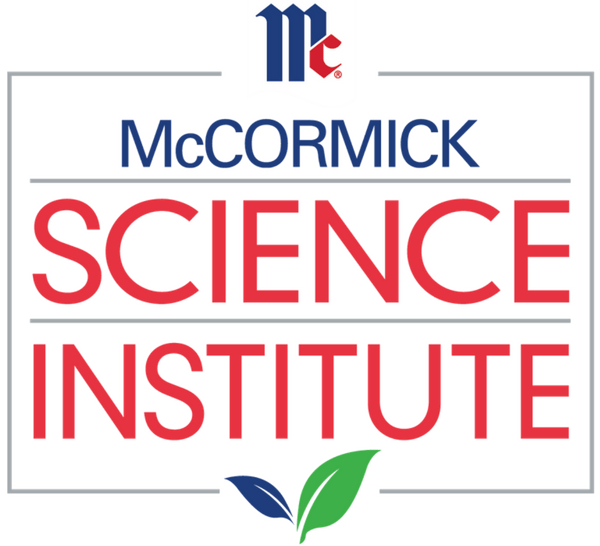May, 2023
MSI Funded Paper - Dill: Potential Health BenefitsMSI Funded Paper: Thyme: History, Applications, and Overview of Potential Health Benefits
Singletary, K

Thyme is a perennial shrub with greenish-gray aromatic leaves. It originates from Southern Europe and countries bordering the Mediterranean but now can be found in many areas of the world with temperate climates. There are numerous varieties of the plant, which differ in their flavor profiles. Thyme essential oil is a commercial product prepared by distillation of its leaves used commercially in the manufacture of chewing gum, candy, and ice cream. Thymol, 1 of the principal constituents of this oil, is used in perfumes, food flavorings, mouthwashes, cosmetics, pharmaceutical products, and in feed additives and pesticides. Traditional remedies associated with thyme include alleviation of depression, epilepsy, nightmares, and headaches and treatment of coughs. The possible health effects of thyme and its constituents, particularly thymol and carvacrol, include antioxidant, anti-inflammatory, respiratory, and neurological benefits.
Reference






